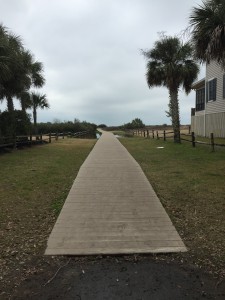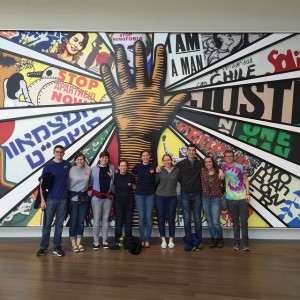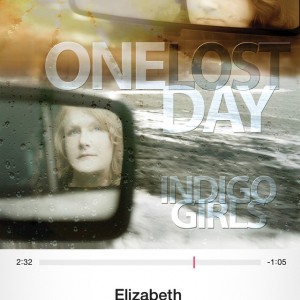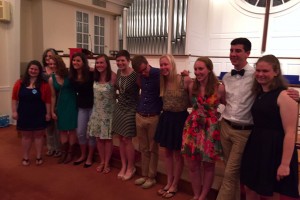
A sermon preached on Mark 5:21-43 at Wesley Memorial UMC, at the end of an extraordinary week.
It’s interesting to me how time feels different, depending upon who you are and how you are. Like the way “just a minute” sounds like a scam when you’re a kid, waiting on a parent’s attention. Like the way “just a minute more” with a departed loved one sounds like a blessing beyond imagining.
In Mark’s gospel, we hear two stories of healing, both involving 12 years of time: Jairus’s twelve-year-old sick daughter and the woman who’d been bleeding for twelve years.
When you’re a parent, twelve years is not nearly long enough for your child to live. Twelve years old means she’s on that cusp of childhood and adolescence. Though she may think she’s more grown up than she is, she’s still a child. To be contemplating a funeral for a twelve-year-old is unthinkable. It’s not enough time.
When you’re a woman with a medical condition, twelve years is a very long time. Twelve years without relief from menstrual bleeding. Twelve years of sickness with no cure and no more money left to spend on one if she found one. Twelve years outside the norms of family, and religious and cultural rituals. Twelve years with a lifetime more sickness and isolation in sight.
Both of these stories are about Jesus giving more than what was asked for. Jairus comes asking for healing for his daughter, who’s very sick. When Jesus is interrupted by the hemorrhaging woman, on his way to Jairus’s house, the daughter dies in the meantime. The men who came with Jairus to find Jesus say We can leave this teacher alone now. It’s too late. She’s dead. The time for healing is past; it’s time for mourning now. Let’s go home. But Jesus goes along anyway and ends up not only healing her but restoring her to life, resurrecting her. Jesus gives more than Jairus even knew how to ask for.
At twelve-years old, Jairus’s daughter would have been entering into marriage soon, as it was customary to marry off young girls between 12-15 years of age. She was just about to enter into her next important roles and relationships, as wife and mother.
At twelve years into her continual bleeding, the woman would be without any regular social connections, religious life, or male contact.
Life held limited opportunities for women at the time of Jesus – to put it mildly.
Girls were expected to marry young and bear children, especially male heirs. Girls and women had very few rights and Roman law placed women under the custody or control of men, first your father, then your husband. If a young woman wasn’t married by the age of 20 or if she didn’t bear children, she’d incur penalties, a state tax to be paid by her family for the drain of her life. For enslaved women in that culture, it was even worse, of course. They were considered property, and could not marry at all, though they were subject to any and all desires of their masters and of male slaves, with the master’s permission. Any children born to them were the property of their masters. Jewish women were subject to both Roman laws and Jewish purity laws. Regular monthly menstruation was considered an “unclean” time and had to be followed by a seven-day purification each month. During that whole time of a woman’s monthly period and the purification that followed, she couldn’t leave home, sleep in the same bed as her husband, sit on the same furniture, or go anywhere in public, including the synagogue. (http://www.umcdiscipleship.org/worship/lectionary-calendar/fifth-sunday-after-pentecost7)
That’s the way it was for women. So consider what it was like for this woman. It’s likely, if she’d ever had a husband, that he was long gone – they wouldn’t have been able to even touch each other for twelve years. Bleeding continually for twelve years would have put her so far outside of normal, she probably couldn’t imagine ever getting back. She never had much power in the culture of her day and now she had nothing at all. Really think about the state of mind she must have been in by this point, funds exhausted with no cure in sight, body exhausted with no comfort to be found in society’s regular interactions, spirit exhausted enough to reach out in faith so desperate and hopelessly hopeful that it was the only thing left to do.
Time couldn’t have felt more different for Jairus and the bleeding woman, before they got to the point of seeking out Jesus.
Jairus was a religious leader in the Jewish community. He was a man, wealthy, connected, important. He had a daughter about to be of marrying age so he was almost ready to hand her to the next man in her life, a husband. For twelve years, Jairus felt secure in the course he was on and what lay ahead for his family, his daughter. Meanwhile, for twelve years, the woman who never had much power to begin with, helplessly watched her relationships and connections and possibilities for life seeping away with the flow of her blood.
Whatever the previous twelve years were for each of them, the moment they come to Jesus they are each in the same spot at the same time – desperate enough to try even this.
And faithful enough. Did you notice what Jesus says? The bleeding woman left the confines of her “unclean” house and reached out to touch Jesus’s cloak as he passed by. Standing in the midst of “clean” folks in a place she’s not meant to occupy, she fesses up when Jesus realizes someone’s touched him. She falls down at his feet and tells him everything. And Jesus says, “Daughter, your faith has healed you; go in peace, healed from your disease” (Mark 5: 34). Daughter. He not only heals her illness, he redeems her standing in the community, claiming the woman whom moments before no one would touch, much less claim as their kin. Her entire life is redeemed. This is not just a stop to the blood, it’s a start to her future.
Jairus’s desperation and faith are evident in the fact that he himself goes to seek out Jesus. He’s the kind of man who would have been accustomed to sending people to do his errands and carry his messages. But this request couldn’t be entrusted to anyone else. He wanted it that much. He was willing to forego his powerful position and act as his own errand boy.
The power of this story is that these two were always in the same position, though neither they nor their communities nor the disciples knew it. They were both, always and everywhere, desperate enough to need Jesus and the wellness/wholeness/saving only he can give. At twelve years in they came to the same desperate fork in the road, gave up on convention, neighbors’ advice, self-reliance, and gave themselves over to faith and hope.
This is a week when we have known forks in the road.
This time last week I was about to leave Annual Conference in Roanoke. I was packing my suitcase to go to Roanoke when I heard about the shooting at Emanuel AME Church. All last weekend, I carried my phone around so I could keep up to date on news from Charleston. When I saw the online petitions asking South Carolina to take down the Confederate flag, I supported the sentiment but wondered if we were distracting ourselves from the pain of the shooting. I wondered if removing that hateful symbol would do much to remove hate itself. I wondered if some of our more stubborn states would ever do it. A week later and Wal-Mart has stopped selling them.
A century and a half is a long time to hold onto a symbol of hate and oppression. One week is a short, powerful time in which to forgive and insist on another way.
Twenty-four hours is a short time between seismic Supreme Court rulings. It’s a lifetime when you’ve been waiting to marry the one you love.
2000 years is a long time to spend explaining why women weren’t treated well in the time of Jesus. It’s even longer to be holding onto beliefs like that – two minutes today is too long to endure or accept second-class treatment.
Time feels different, depending on who and how you are. So does healing.
Healing began in some new and unexpected places in our country this week – praise God! There’s more to do. There are miles to go. But it feels like more of us are heading in the same direction together. It feels like the bleeding has stopped and we aren’t alone and outside of the crowd anymore. We suddenly/at last noticed we are in the same place as every single one of our neighbors. Equally desperate and in need of healing; equally blessed.
This time last week, marriage was legal for all our citizens in some states but not in others. Today we can all marry the one we love.
This time last week our Virginia Annual Conference was voting to petition the General Conference to remove language from our Book of Discipline that refers to homosexuality as “incompatible with Christian teaching.” When I got in the car to drive home, the vote hadn’t been tallied. By the time I reached Charlottesville the news was out that Virginia voted to ask General Conference to take the language out.
How long, O Lord?
One day, one drive, one week, one lifetime…
The genius in Mark’s storytelling is that this is all one story: Jairus (and his daughter) and the bleeding woman; rich, male, power and poor, female, powerlessness. In Mark’s telling they are interwoven into one whole story. They are brought to the same spot – desperate hope – and taken to the same place – healing and redemption. This is the Good News of Jesus Christ: we are all in the same story of healing and redemption, no matter how else we are tempted to see it. No matter how we count the time.
It doesn’t matter whether you think twelve years was the blink of an eye or a long time coming. What matters is recognizing Jesus when he calls out to bring you back into the fold of the family, back to life. It feels like healing beginning in the place of deep woundedness and sickness. It sounds like “Daughter,” “Son.” It looks like we are all in this together.
Thanks be to God!
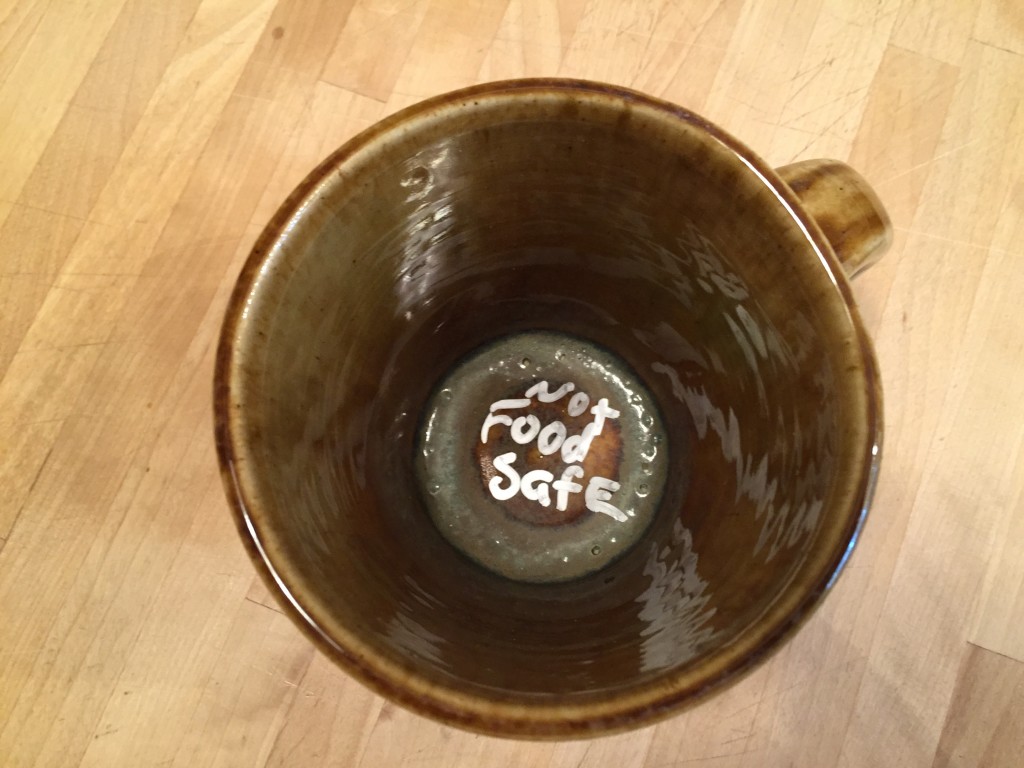

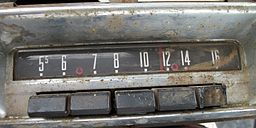
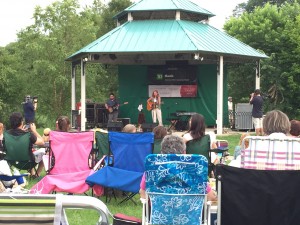
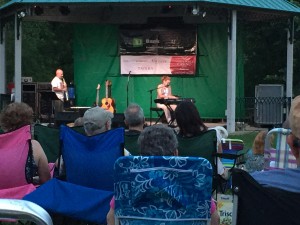
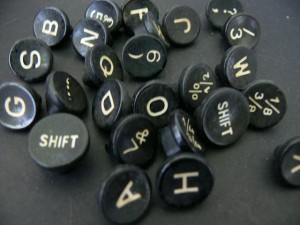
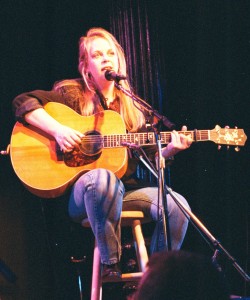

 I spent most of last week on retreat with my writing group, half of whom are nursing mothers with babies in tow. When I made it home late yesterday, my husband and I went straight to the computer to
I spent most of last week on retreat with my writing group, half of whom are nursing mothers with babies in tow. When I made it home late yesterday, my husband and I went straight to the computer to 